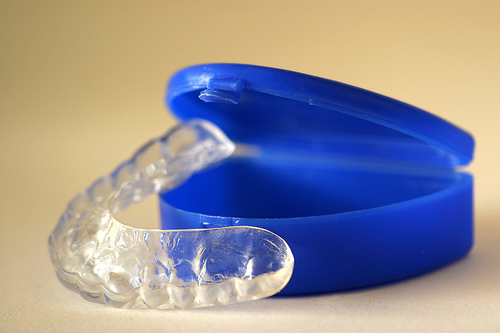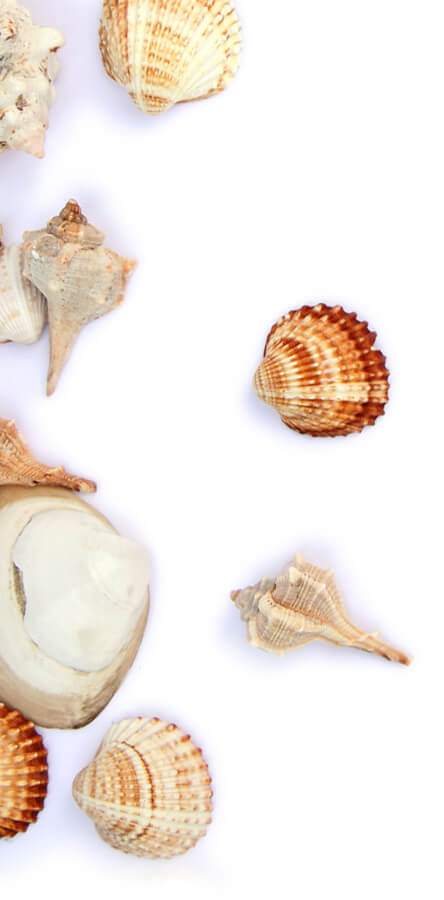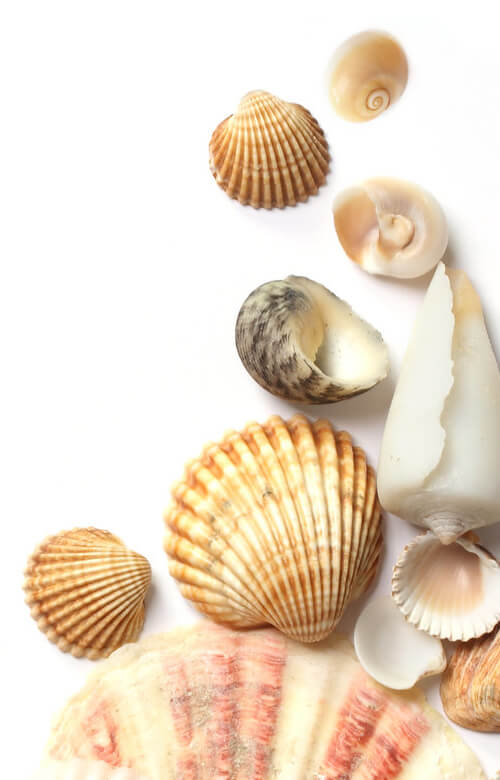How Sedation Dentistry Can Help You Overcome Dental Anxiety
March 31st, 2021

Sometimes people feel a tiny bit nervous when they sit in the dental chair. And sometimes it’s more than a tiny bit. If your anxiety over visiting the office leads you to skip regular checkups and cleanings, or, worse, if you would rather suffer tooth or gum pain than give us a call—give our Mt. Pleasant office a call! Sedation dentistry might be just the procedure you need to make dental anxiety a thing of the past.
Dr. Mark Goedecke and our team are trained to administer sedation and to monitor your responses throughout. And we want you to have all the information you need to decide on any dental treatment, including sedation. We will tell you of any risks, and describe the procedure in detail. If you have any health conditions or take any medications that might interfere with sedation, we can discuss your options with you and your doctor to make sure you are a good candidate. We will explain any preparations you should take, and let you know if there is a window of recovery time needed in our office while the sedation wears off.
Don’t let yourself suffer dental pain because you suffer from dental anxiety! Please call us to discuss sedation. We are trained to administer the treatment you choose gently and safely. Above all, we want to help you keep your smile the heathiest it can be, and that only happens when you have regular dental care. Let us work with you to make that care as comfortable and stress-free as possible.






